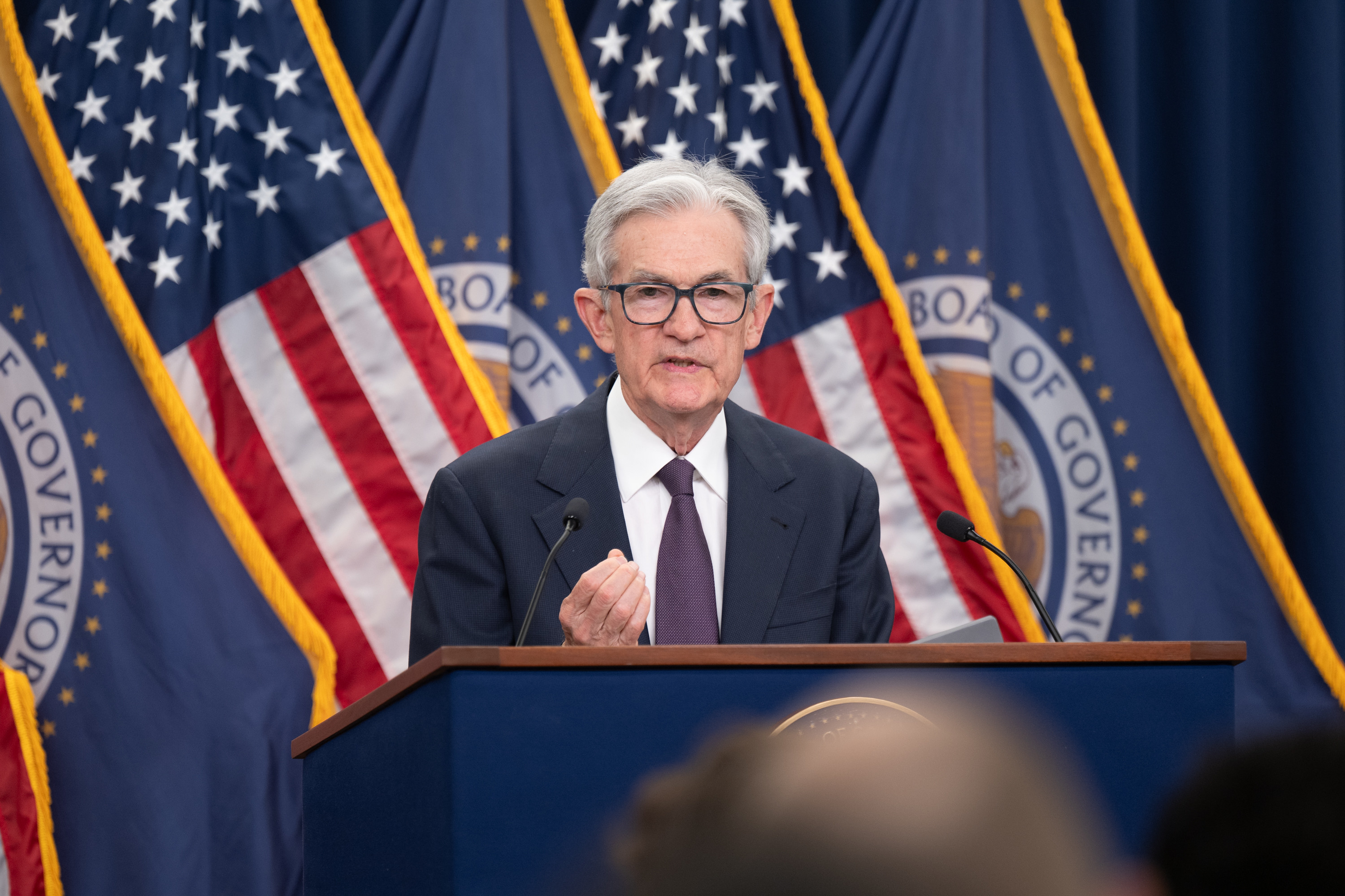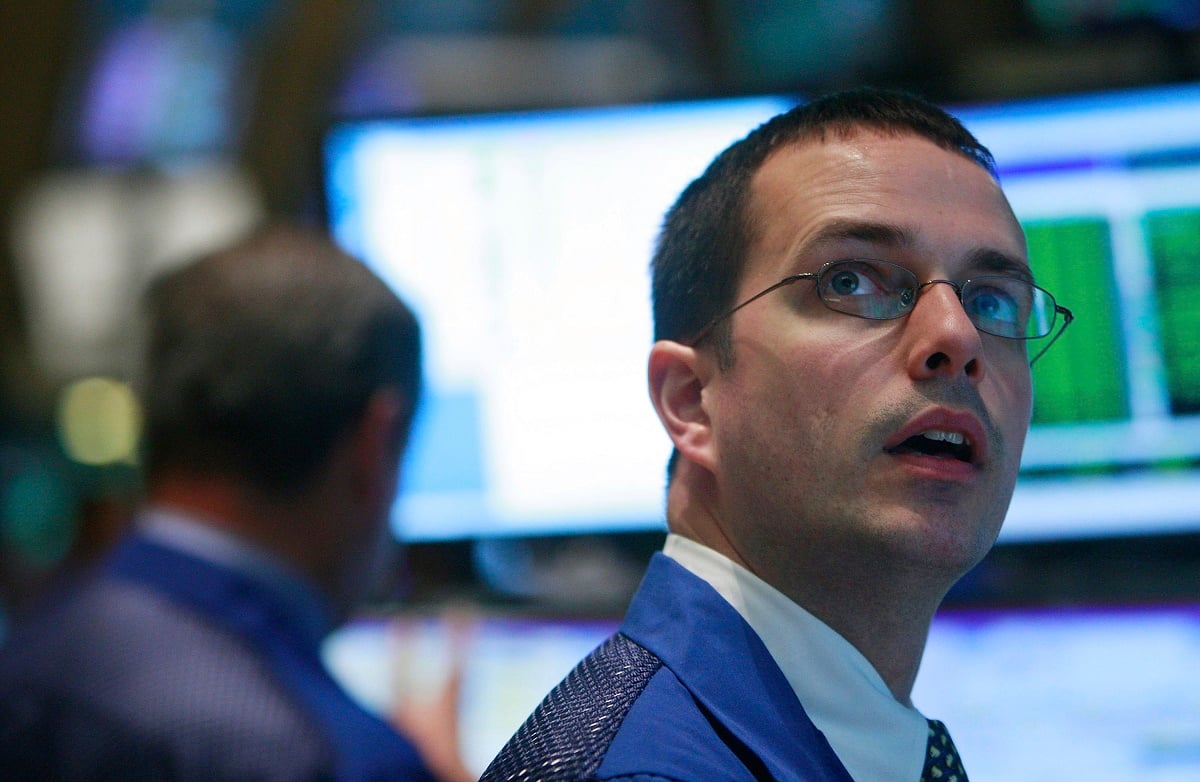Although we don't believe in timing the market or panicking over daily movements, we do like to keep an eye on market changes -- just in case they're material to our investing thesis.
Fear over the debt ceiling has stock markets mixed today. As of 1:40 p.m. EDT the S&P 500 (^GSPC +0.32%) is up just 0.19% to 1,659 points. The largest ETF tracking the S&P 500, SPDR S&P 500 (SPY +0.35%), is up a similar 0.17%. The markets were looking fearful earlier as the CBOE Volatility Index (^VIX 3.79%), also known as the "fear index," started the day up 4%. However, as stocks have drifted higher throughout the day, the index has fallen 4.2% into the red.
Yesterday, China reached out to the U.S. to express its concern over a potential default by the U.S. government. China has roughly 1.3 trillion reasons to be concerned, because it's the second-largest holder of U.S. debt behind the Federal Reserve. Today, Hayman Capital Management's Kyle Bass is warning of the calamitous effects of a default.
Bass, who profited from the U.S. housing collapse has invested in his belief that Japan's economy faces disaster, said today in an interview with CNBC:
If the politicians were really to stay at loggerheads into a prioritization of payments that as Treasury Secretary Lew is discussing or an actual payment default, look, there's nothing you can do to hedge yourself. All the money you're going to have is under your pillow, and it probably won't be worth as much as it is today.
He went on to say that he doesn't think it is likely to happen, "but policymakers have to realize the catastrophe that would ensue if they actually missed a payment."
In an effort to keep that from happening, President Obama announced today separate meetings with lawmakers from both parties. The president also has said he is willing to agree to a short-term debt-ceiling increase to give time for lawmakers to negotiate.
I continue to believe that the debt ceiling will be raised at the last minute. I also believe that, in both the public and private sectors, governance functions best when stakeholders educate themselves, take an active interest in what's going on, and hold their representatives accountable.








